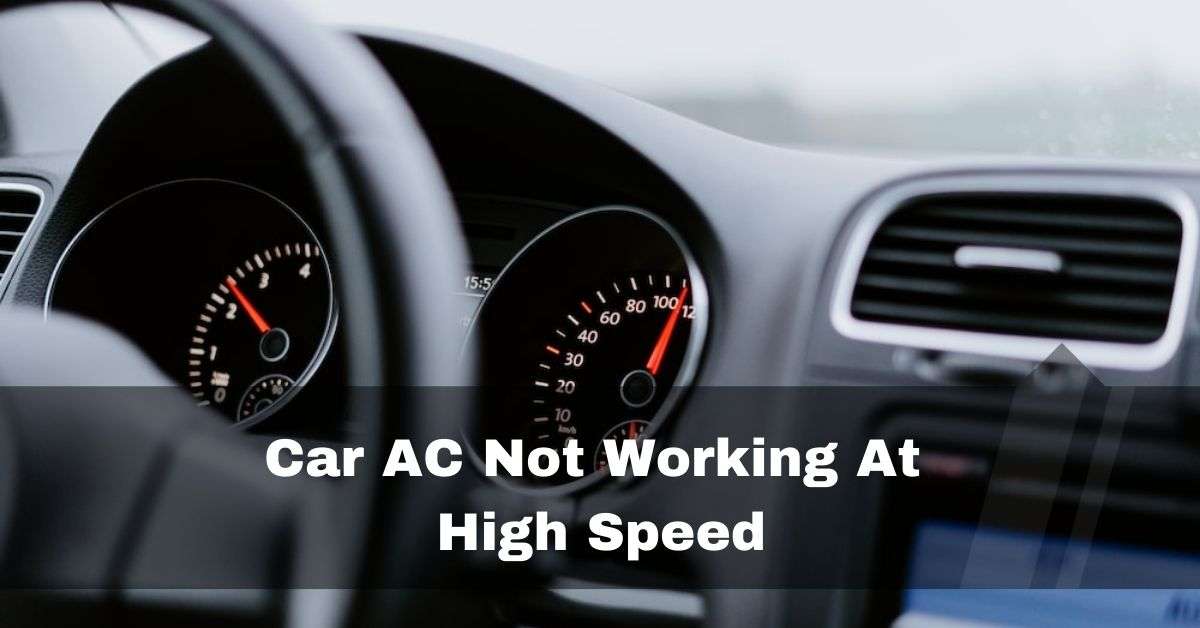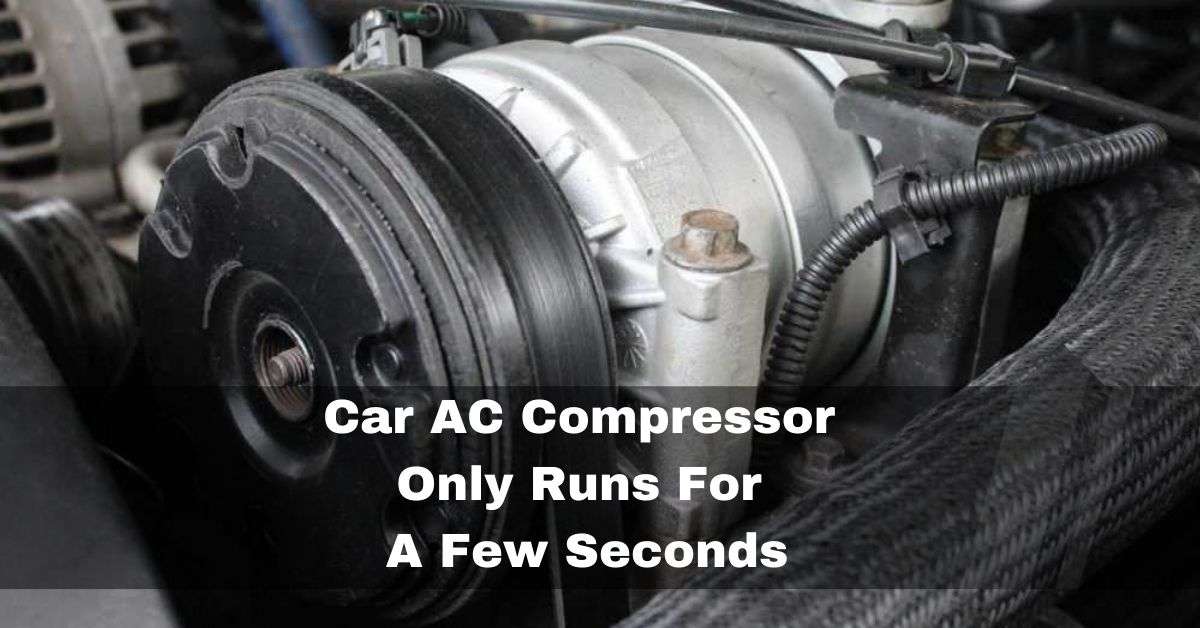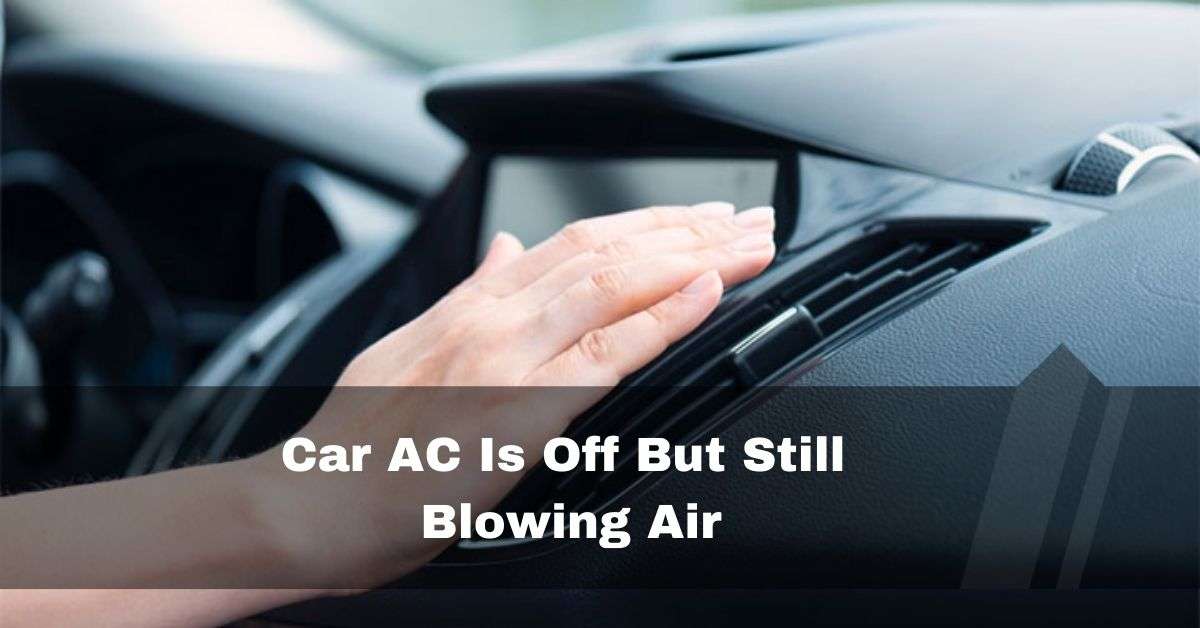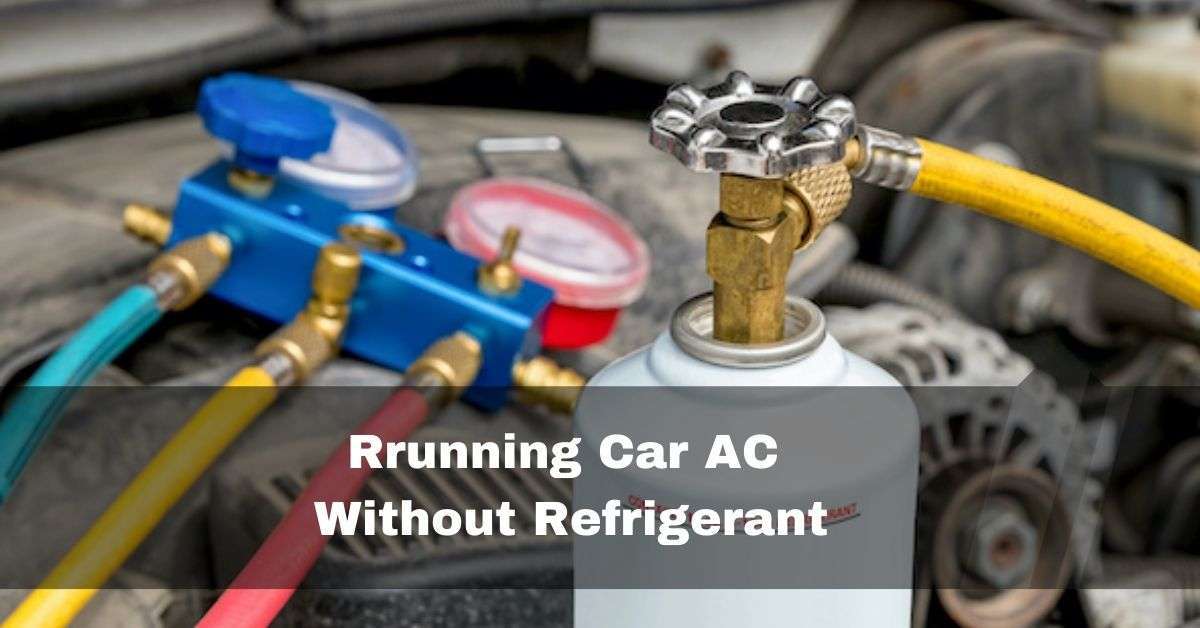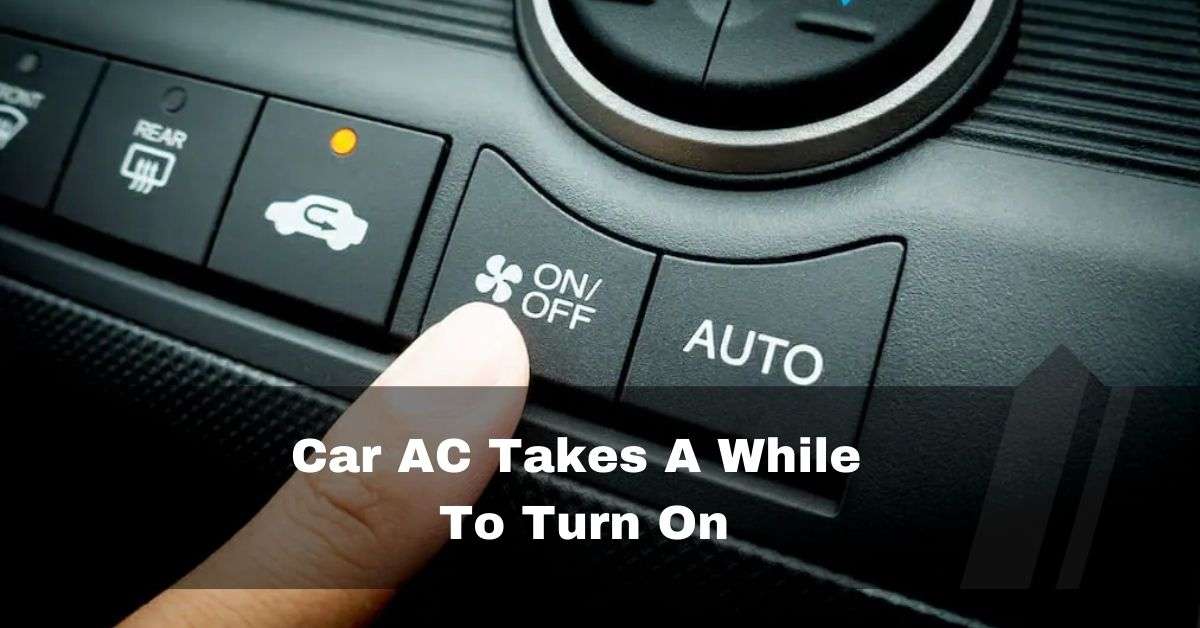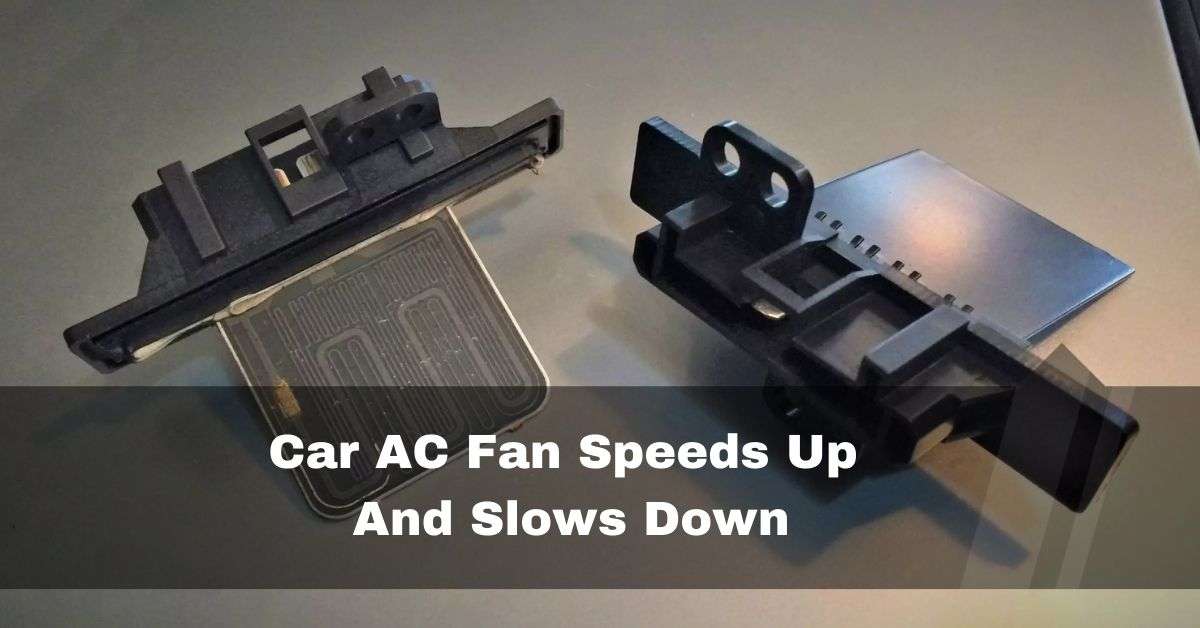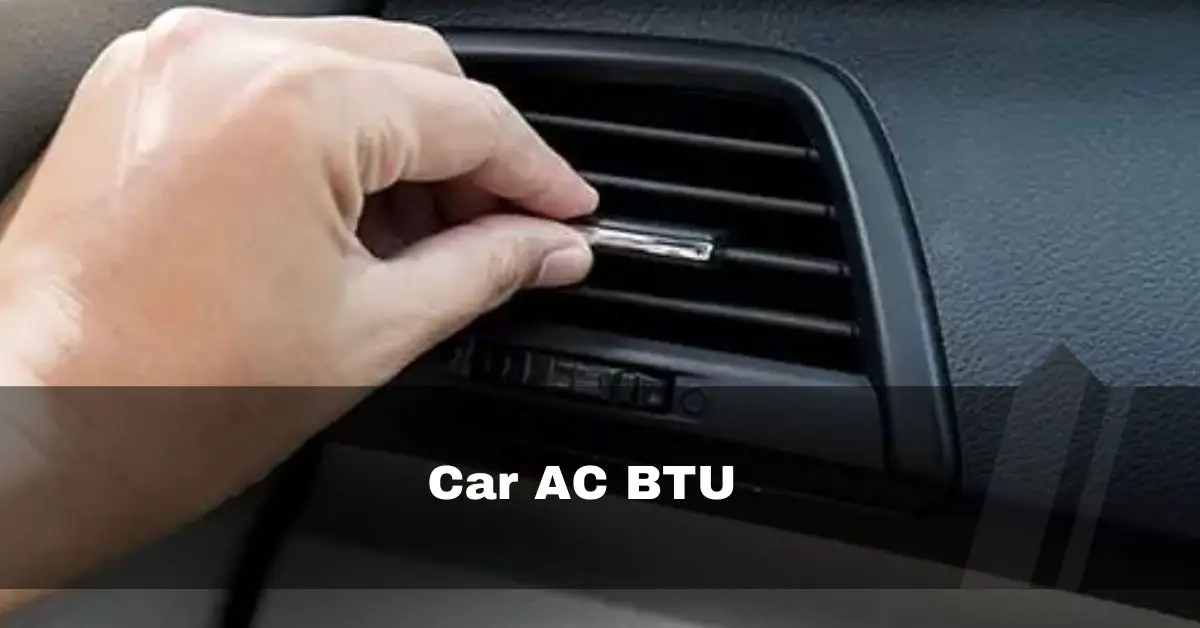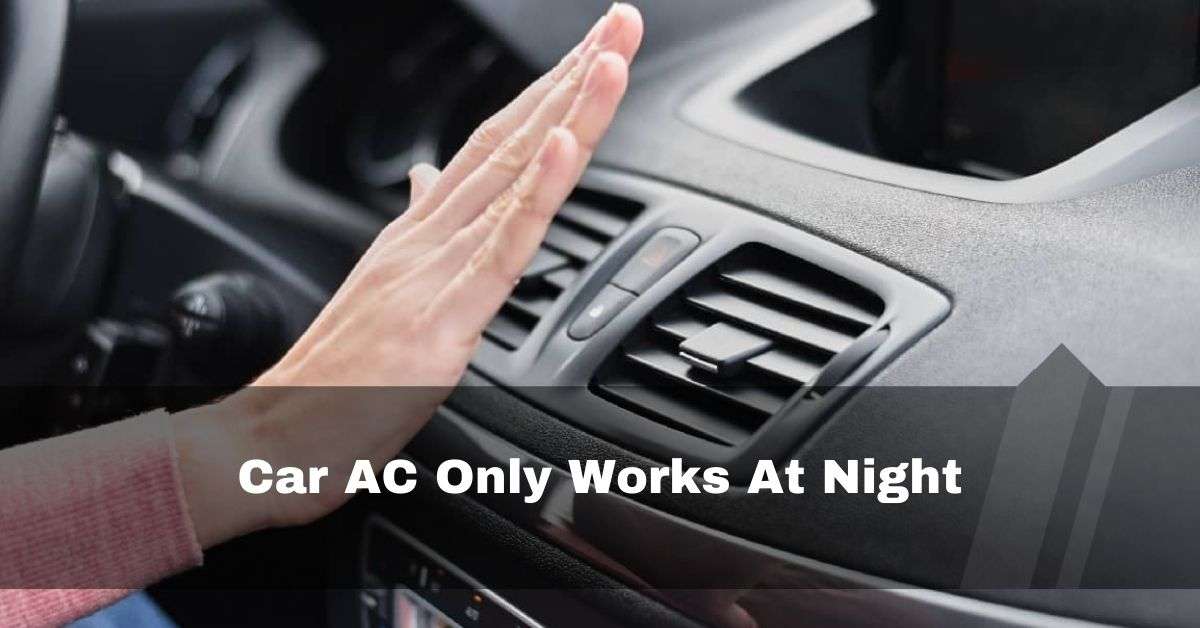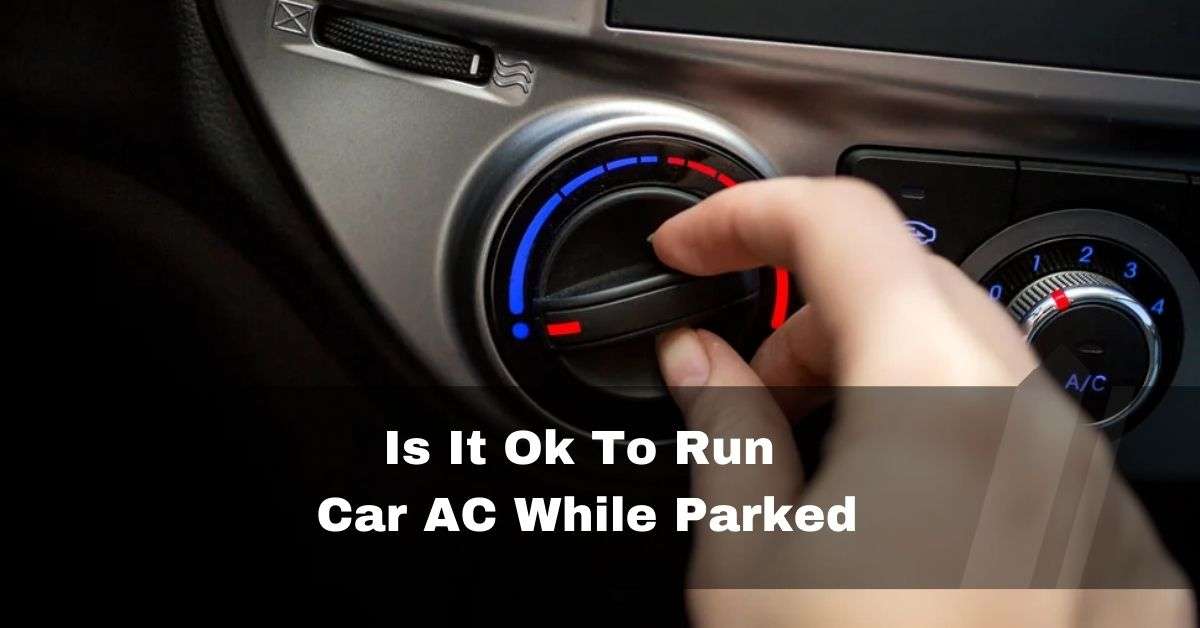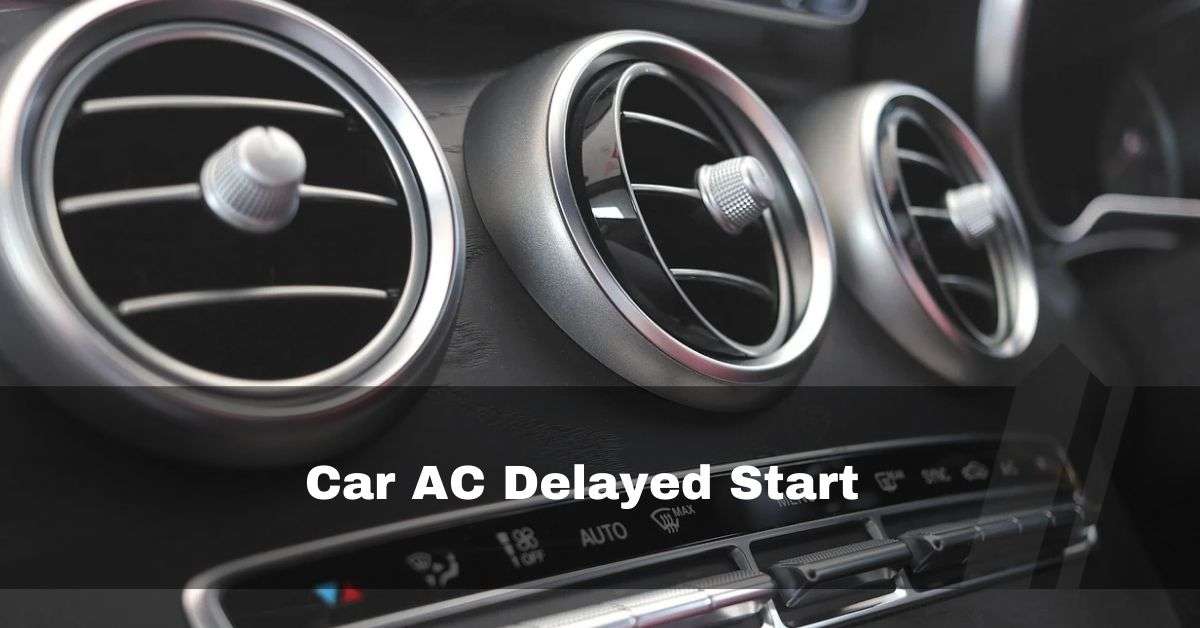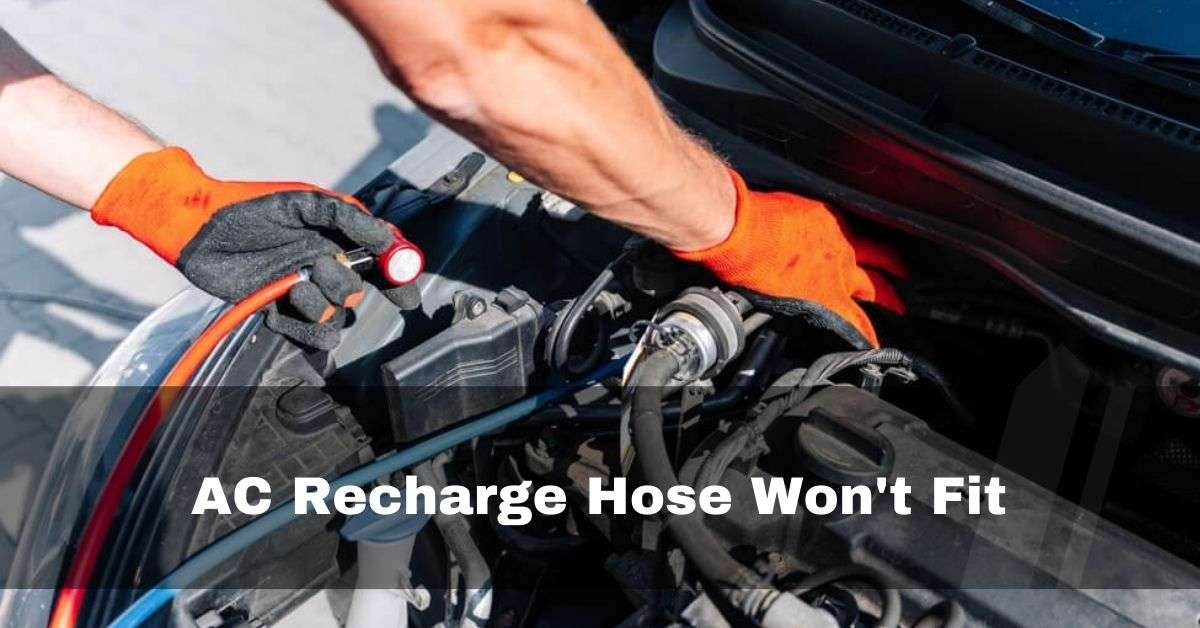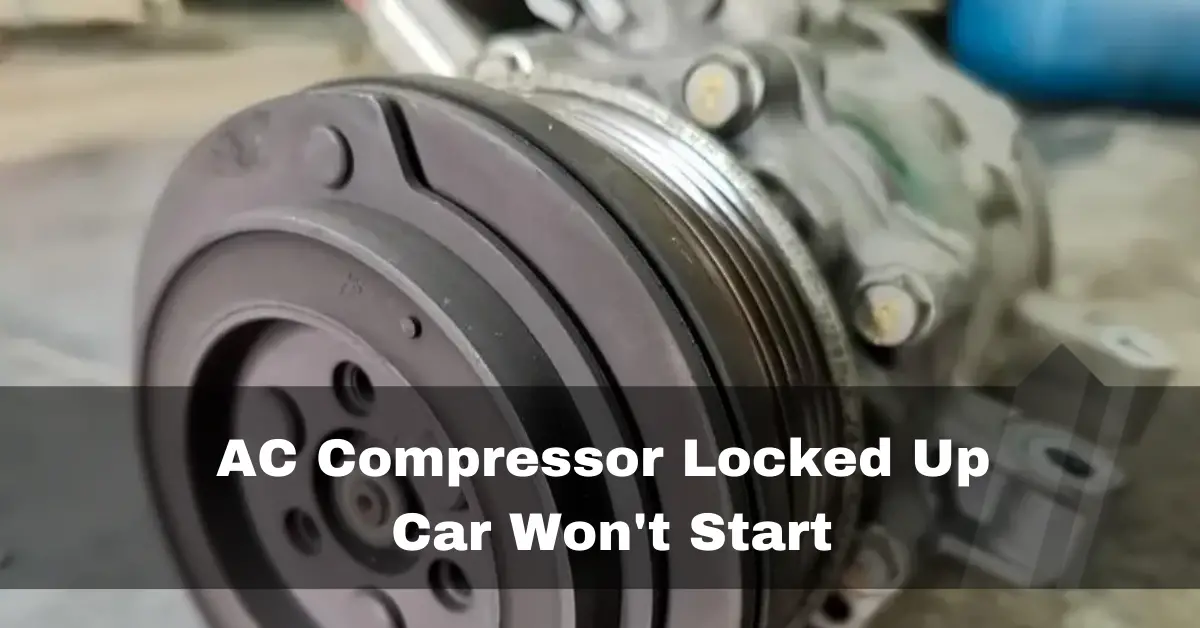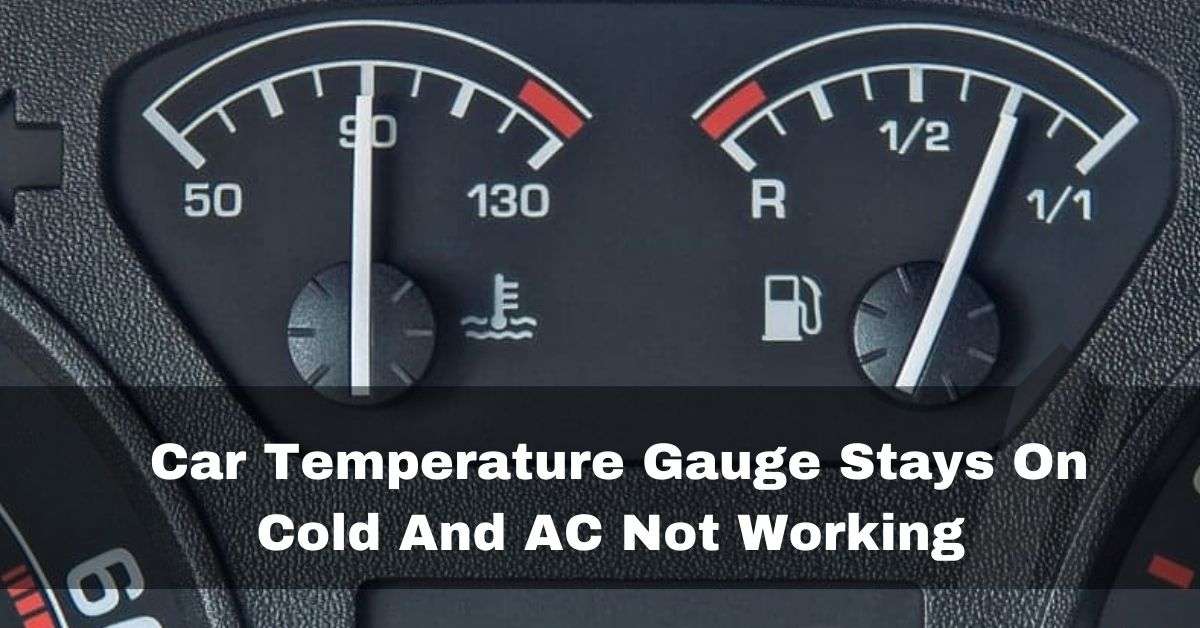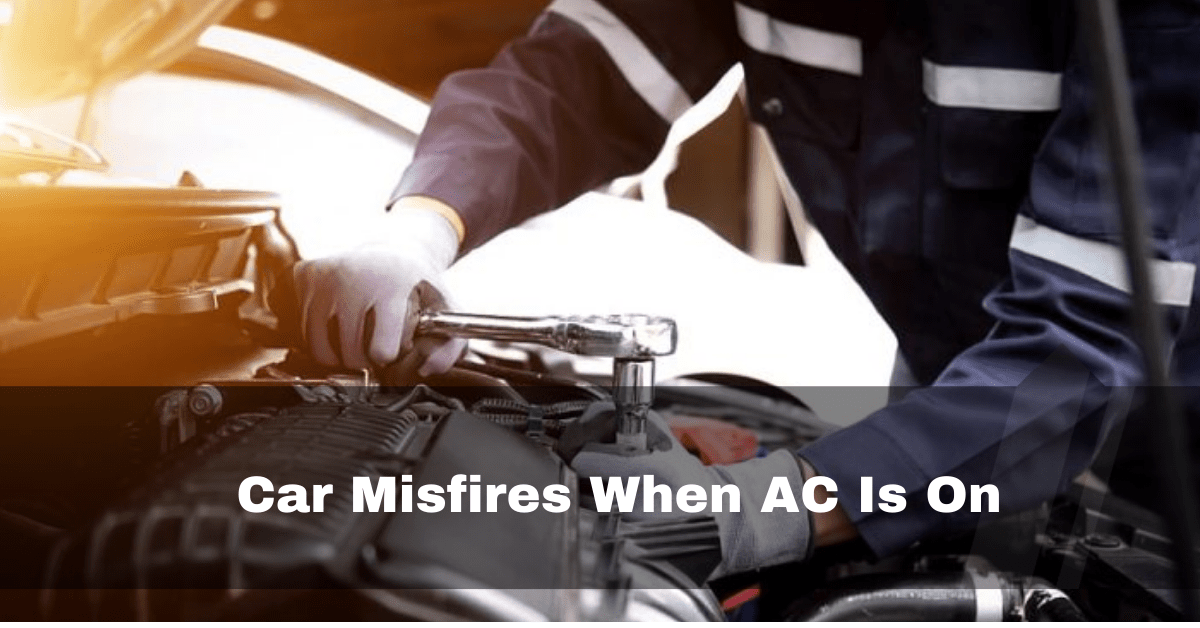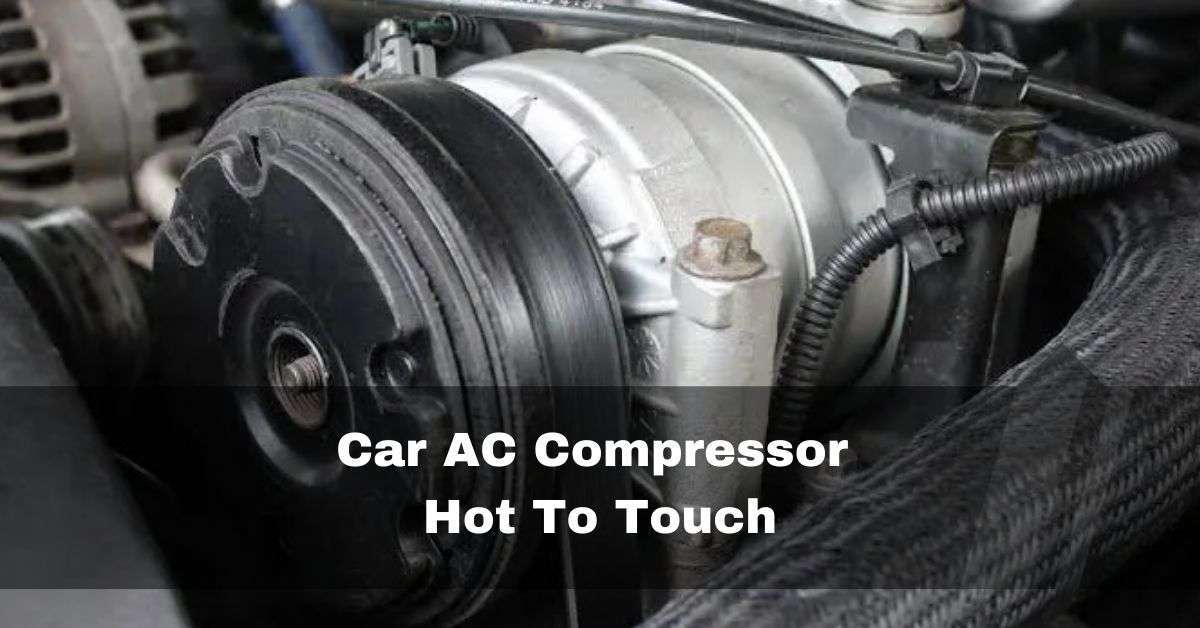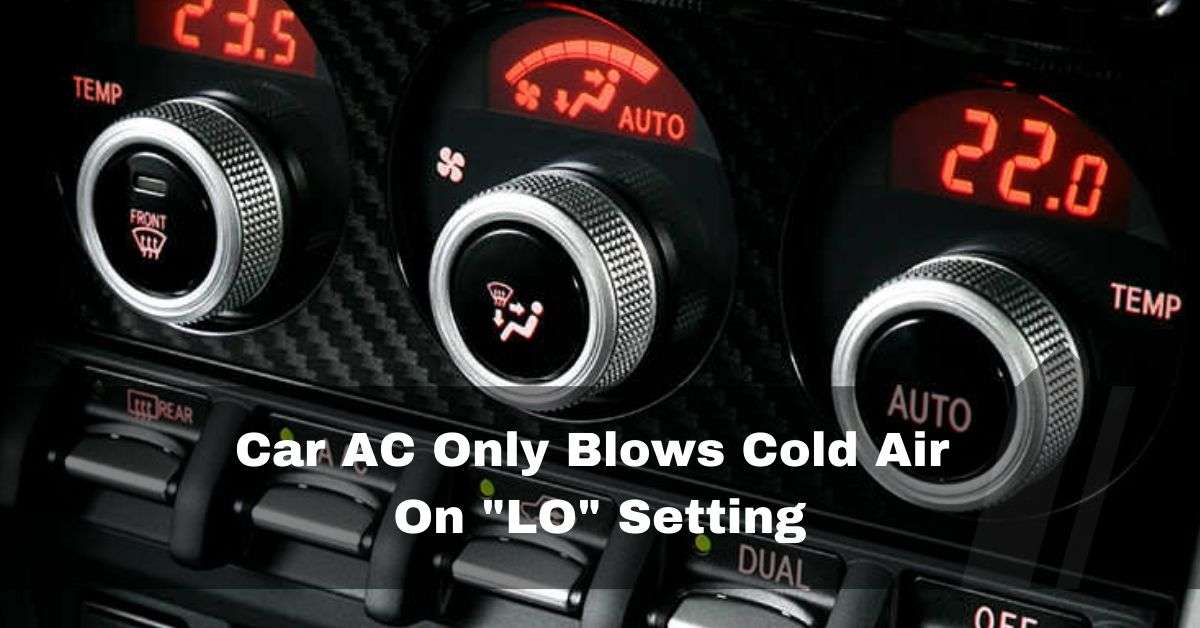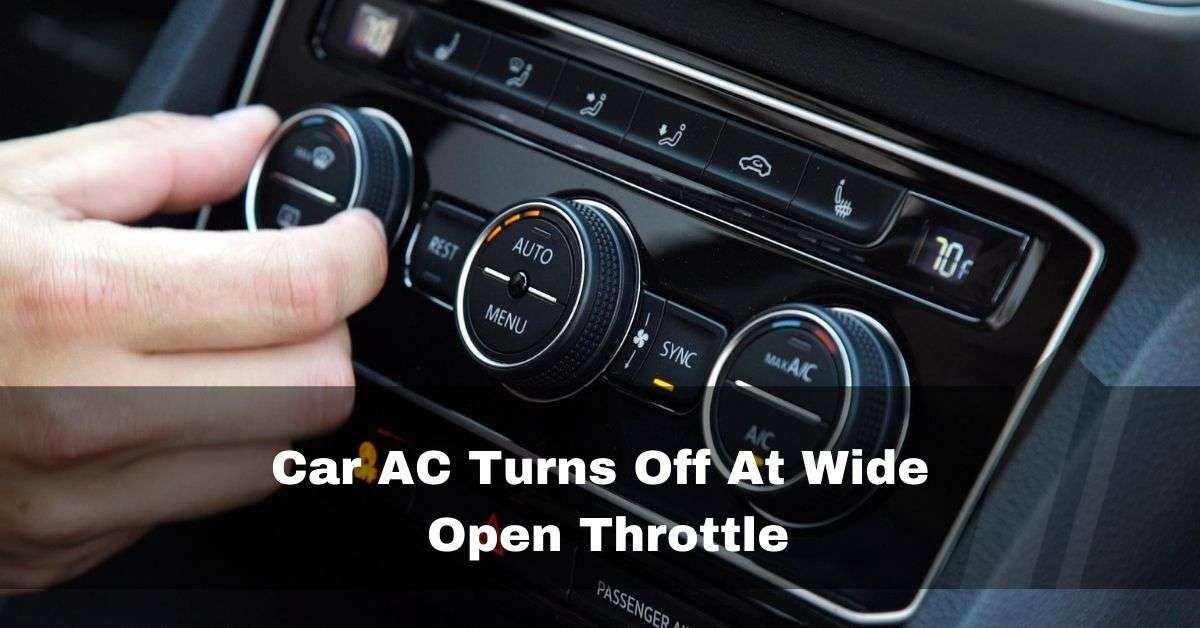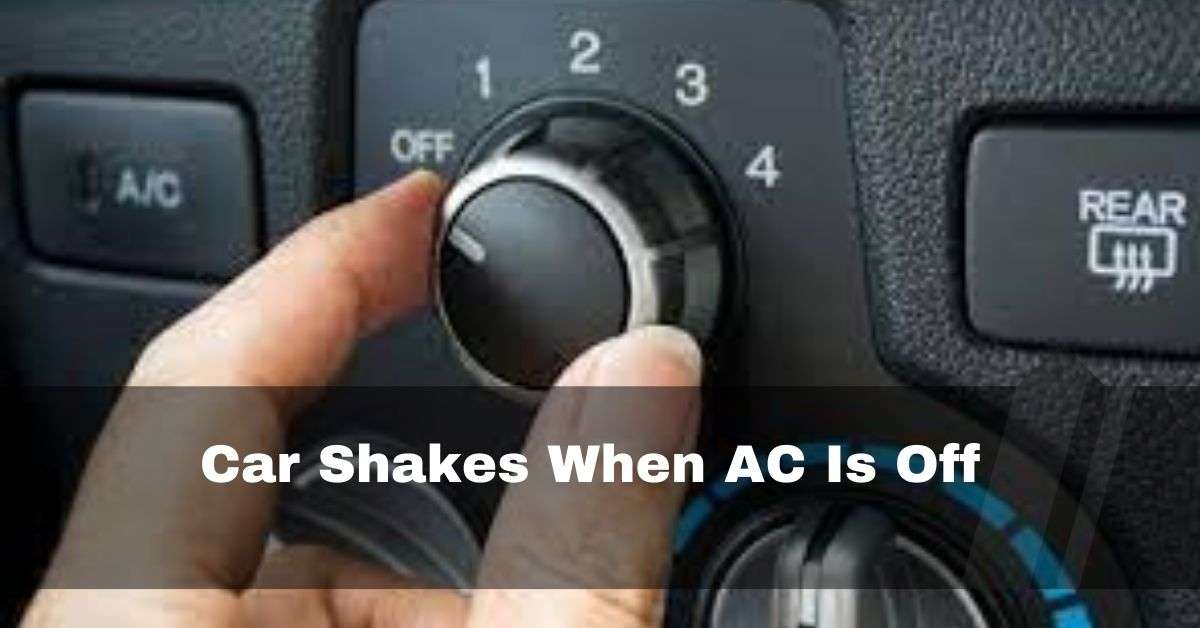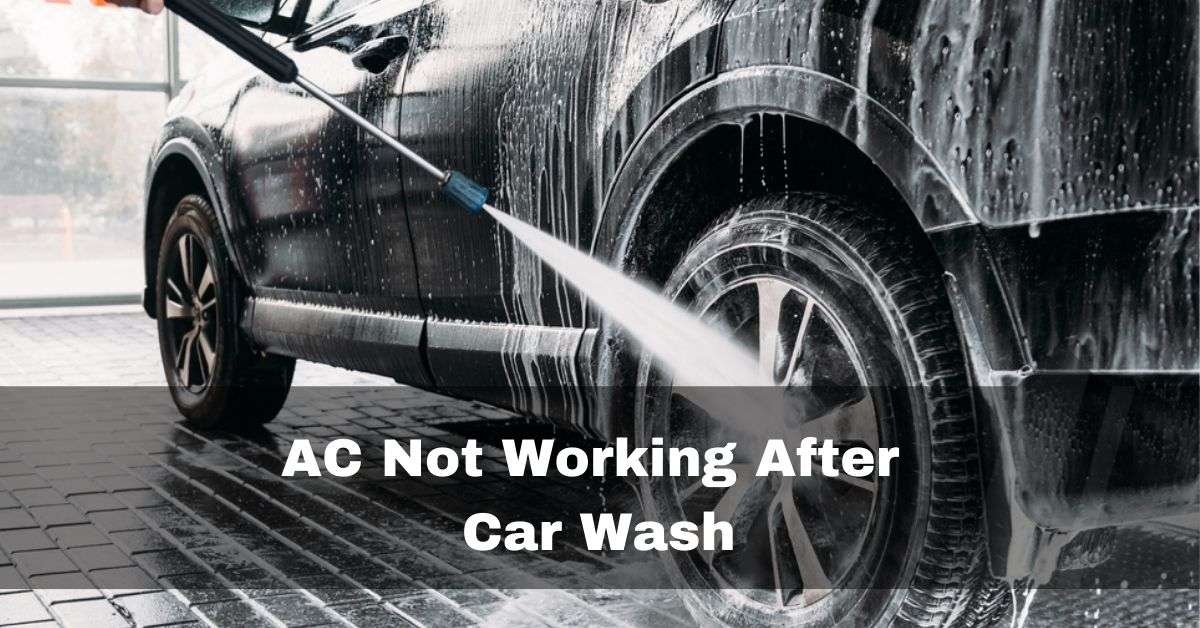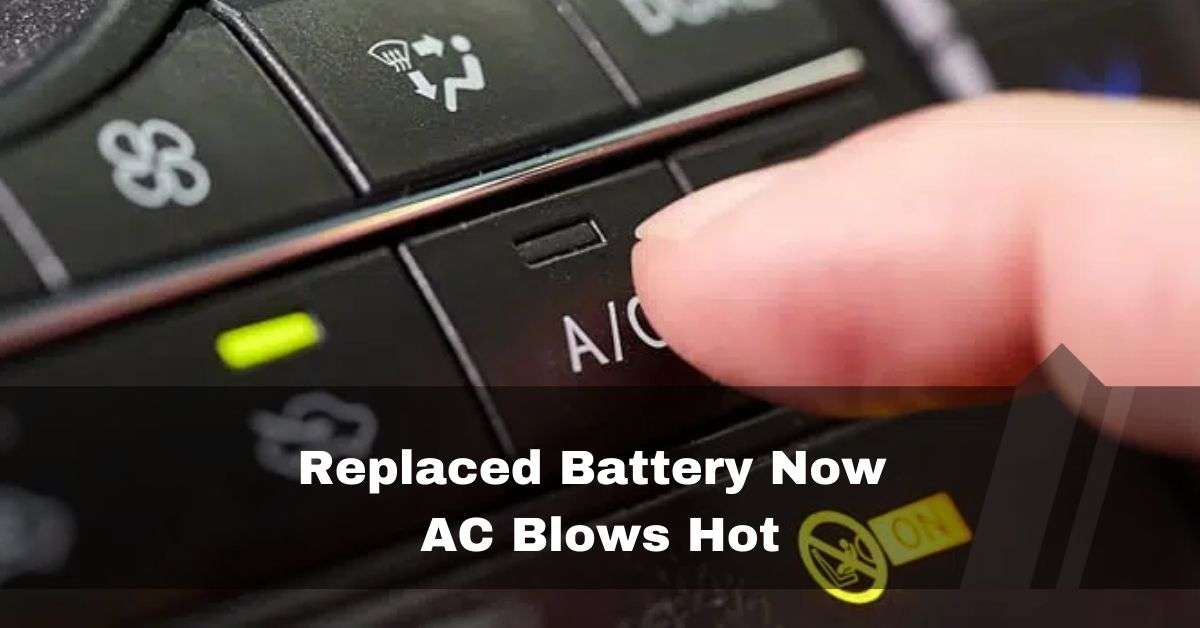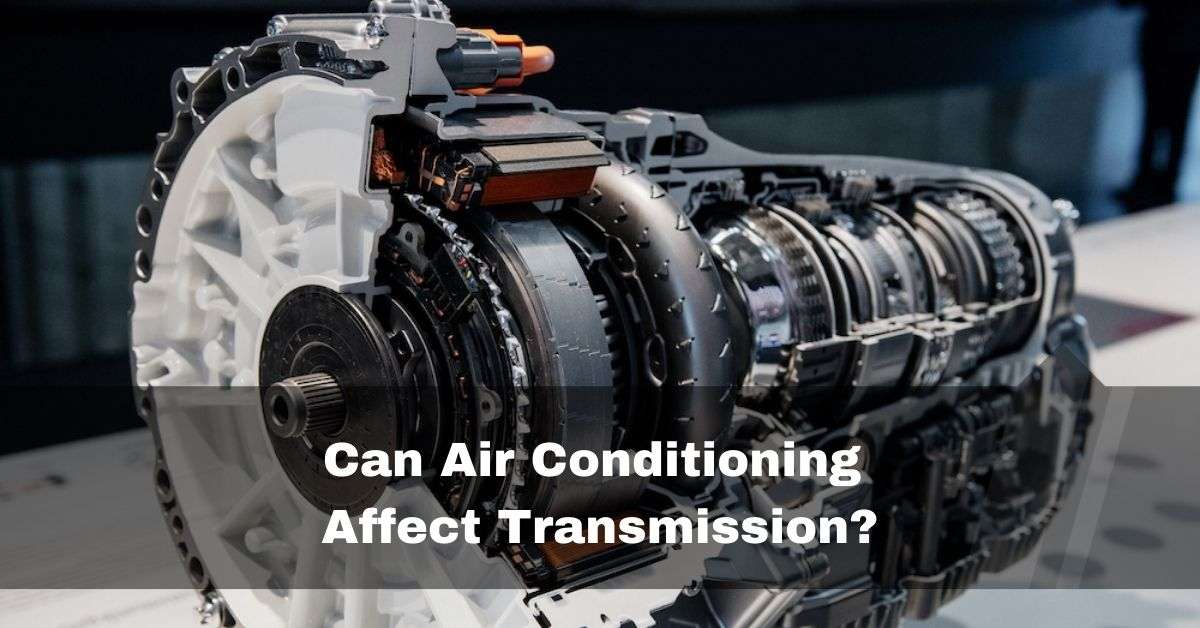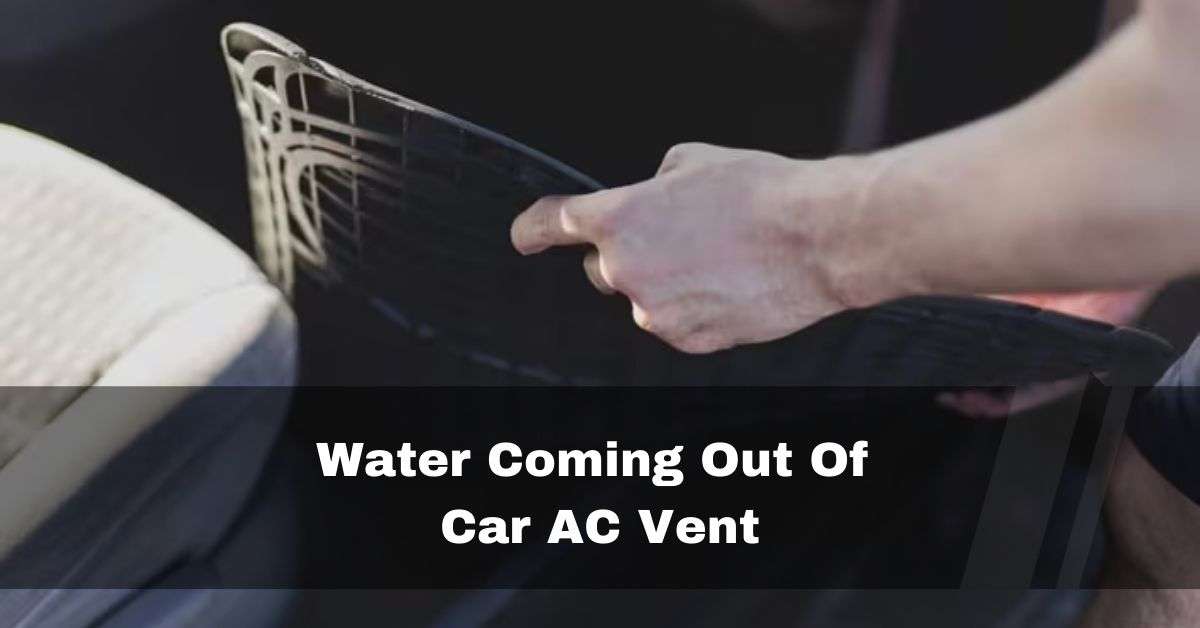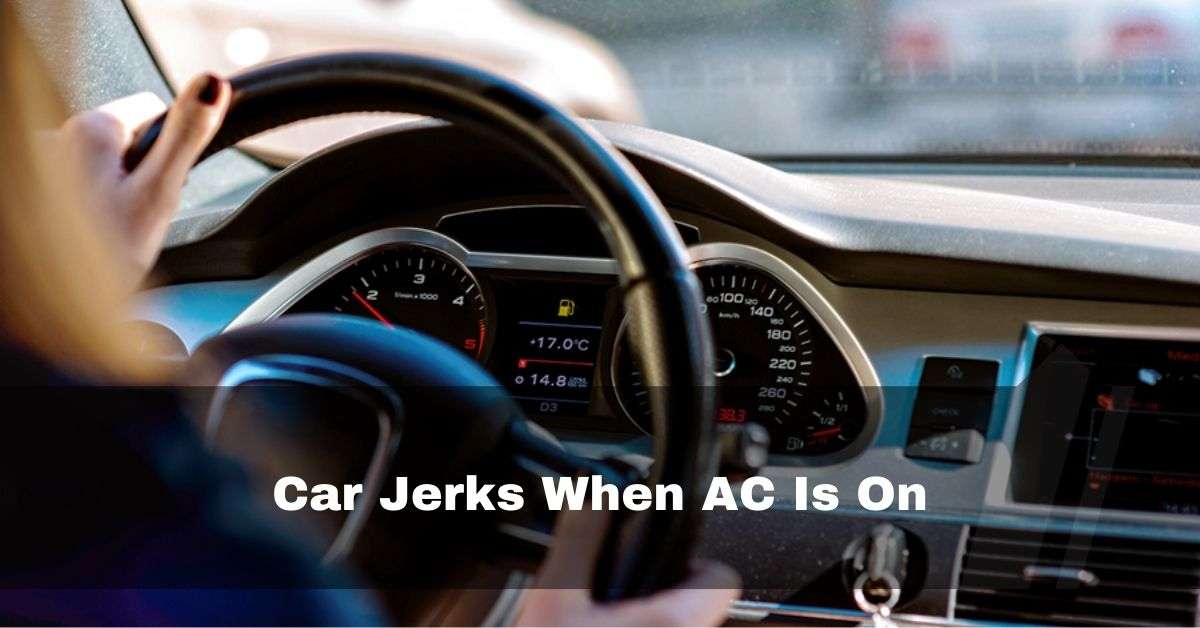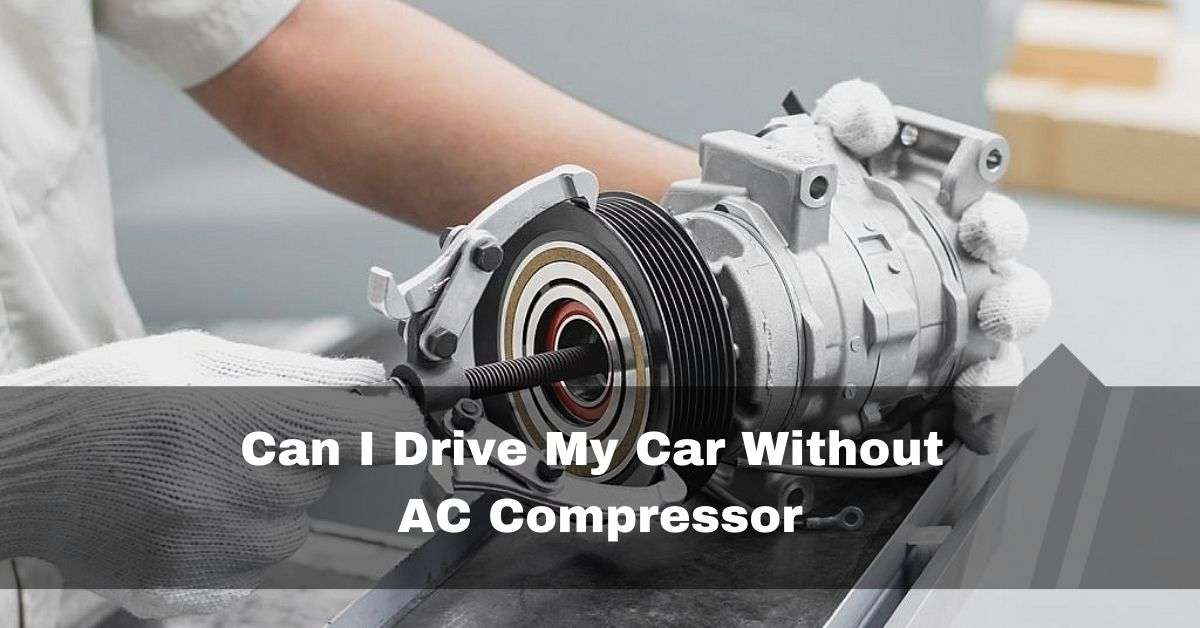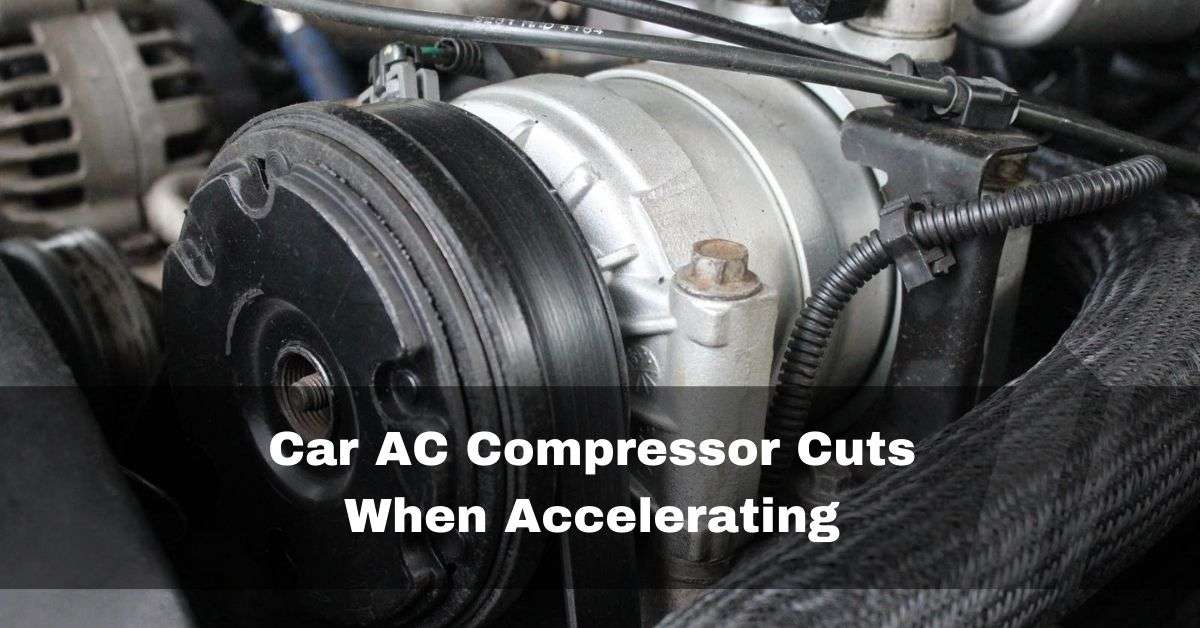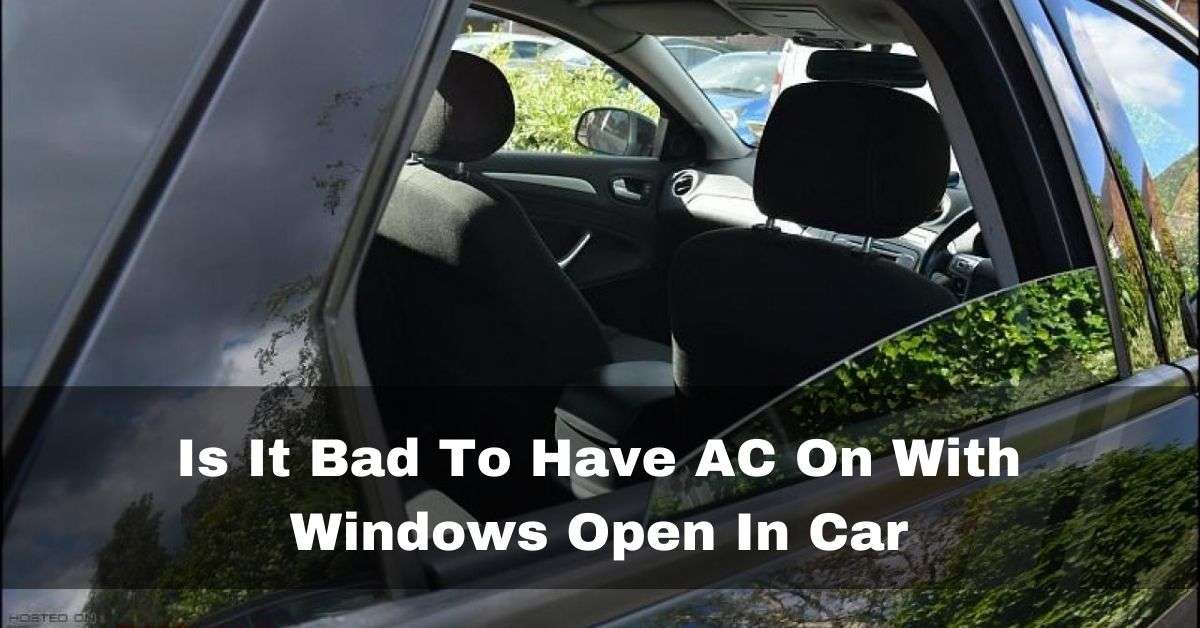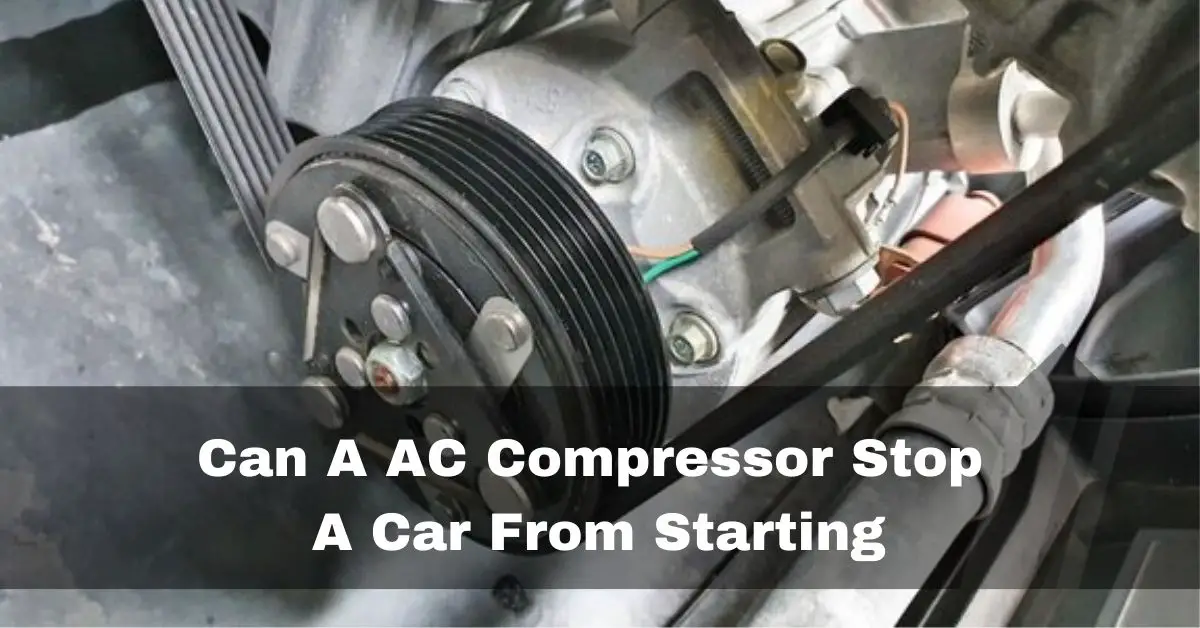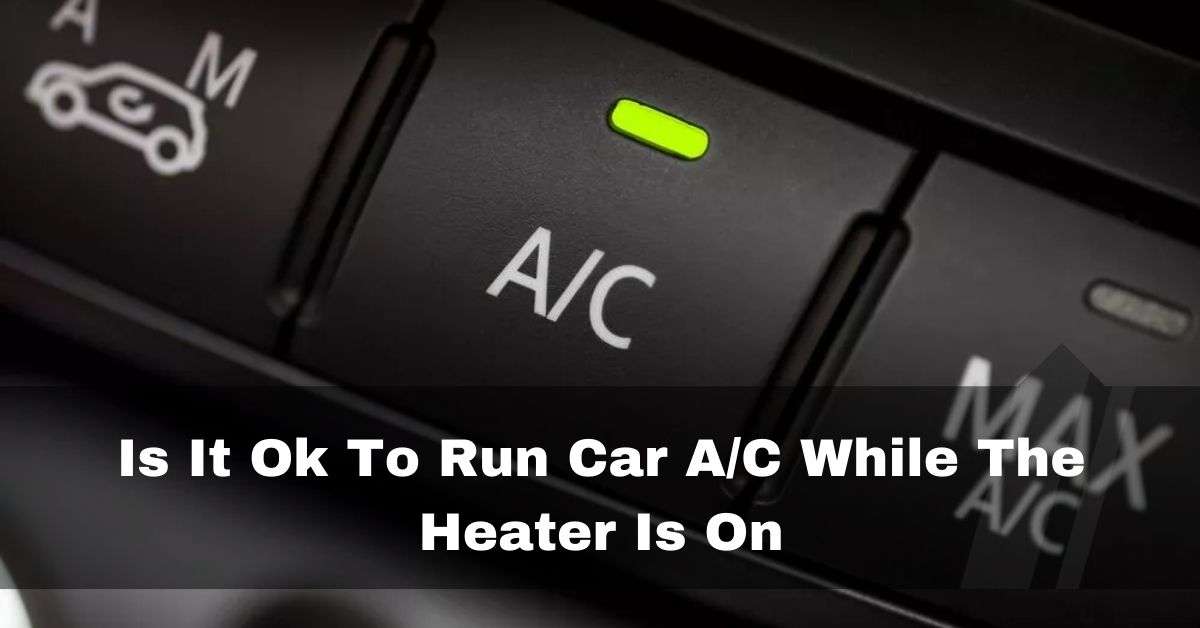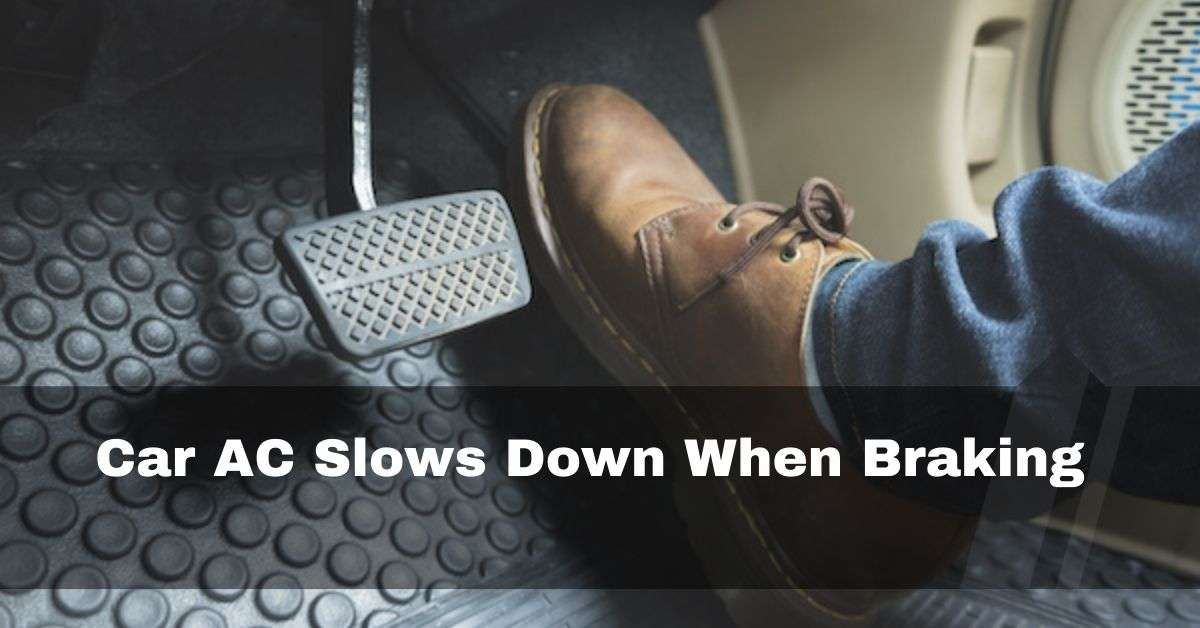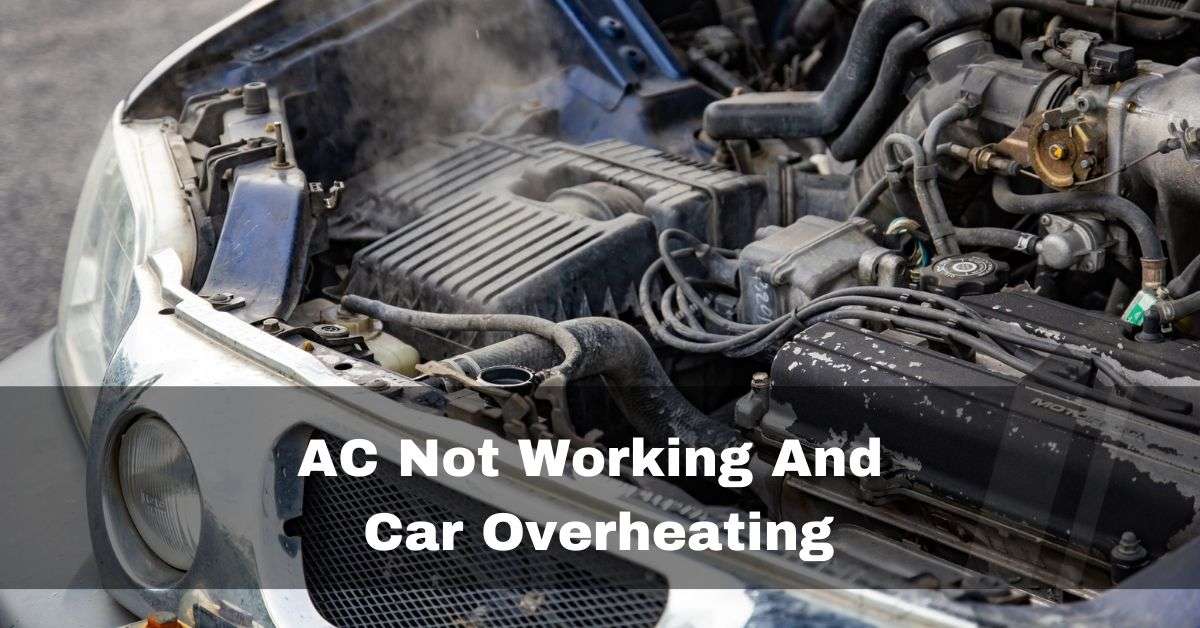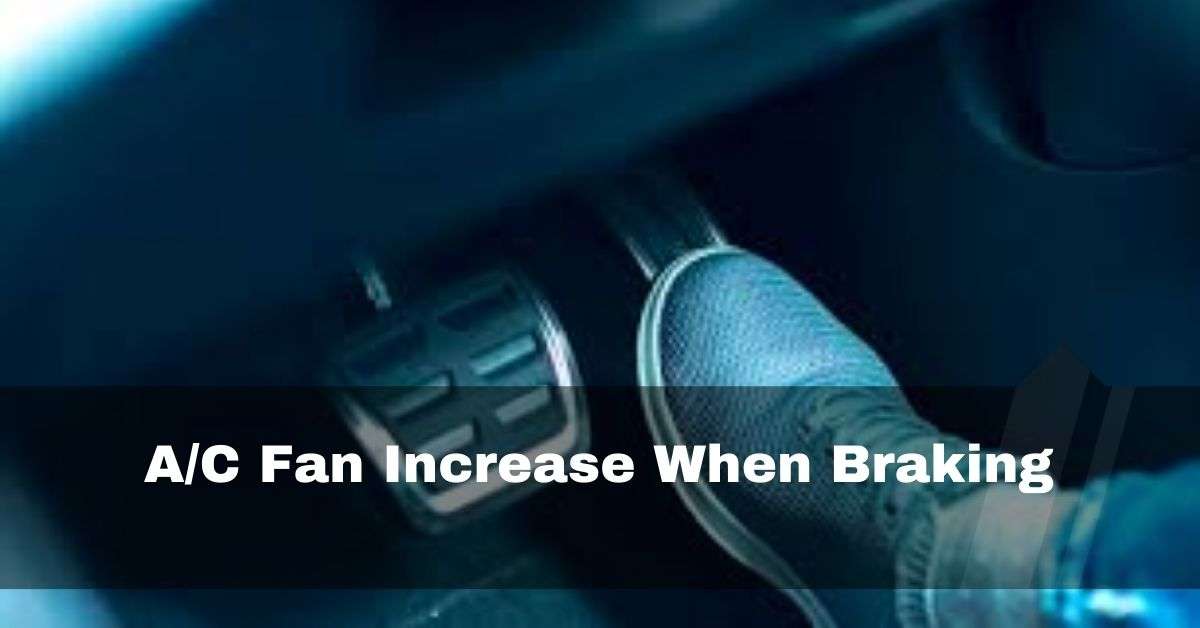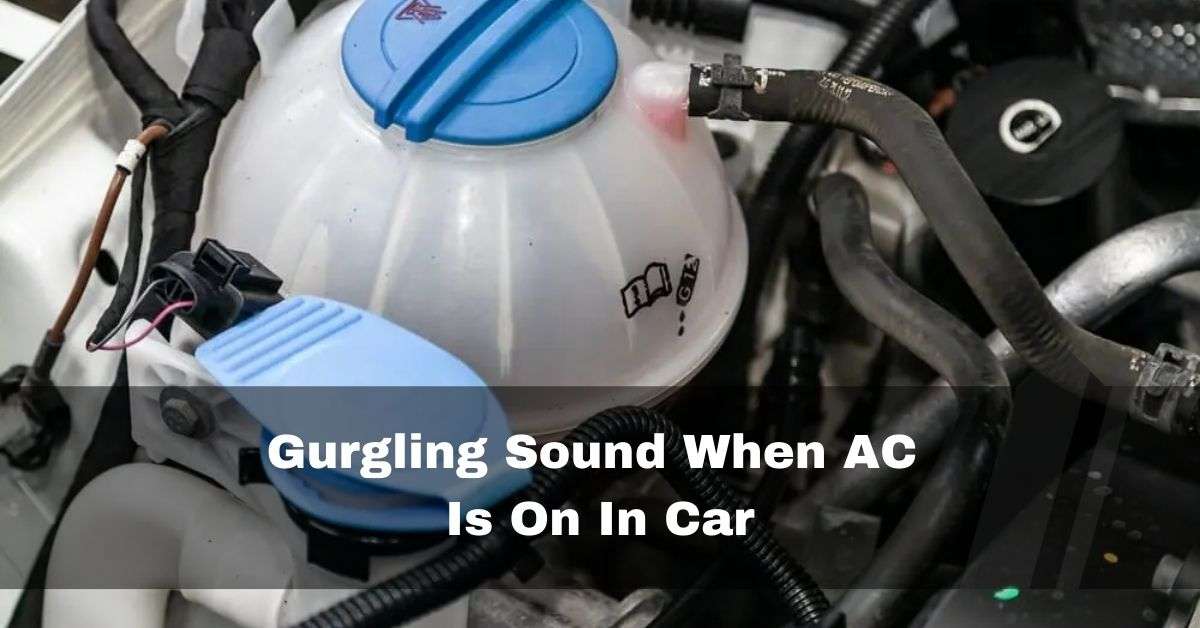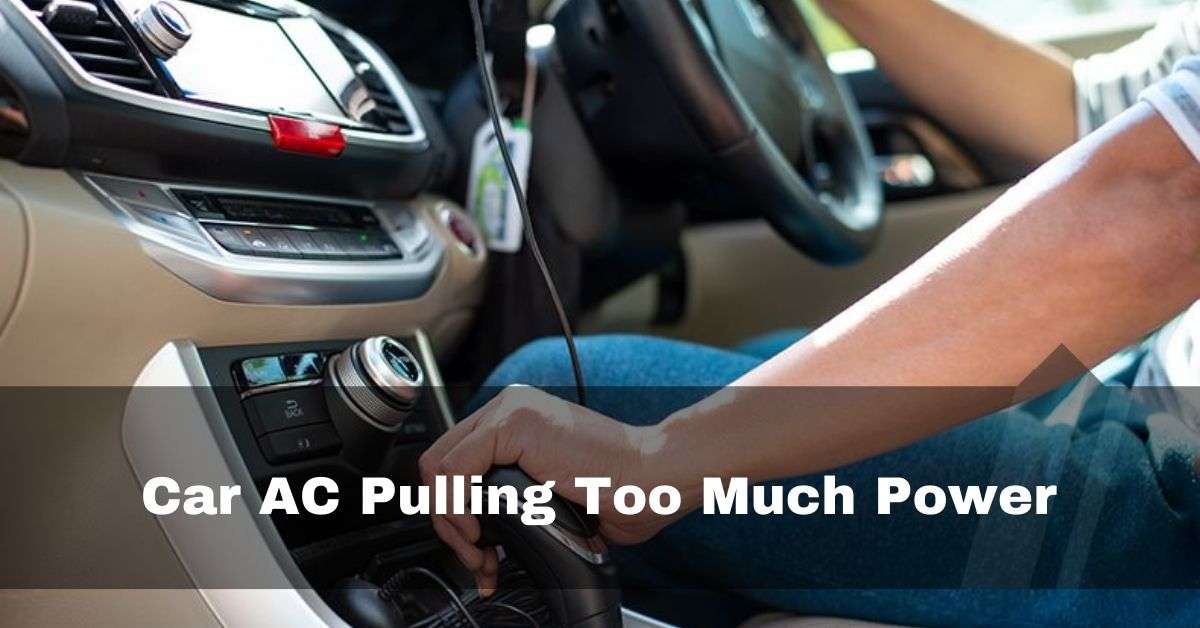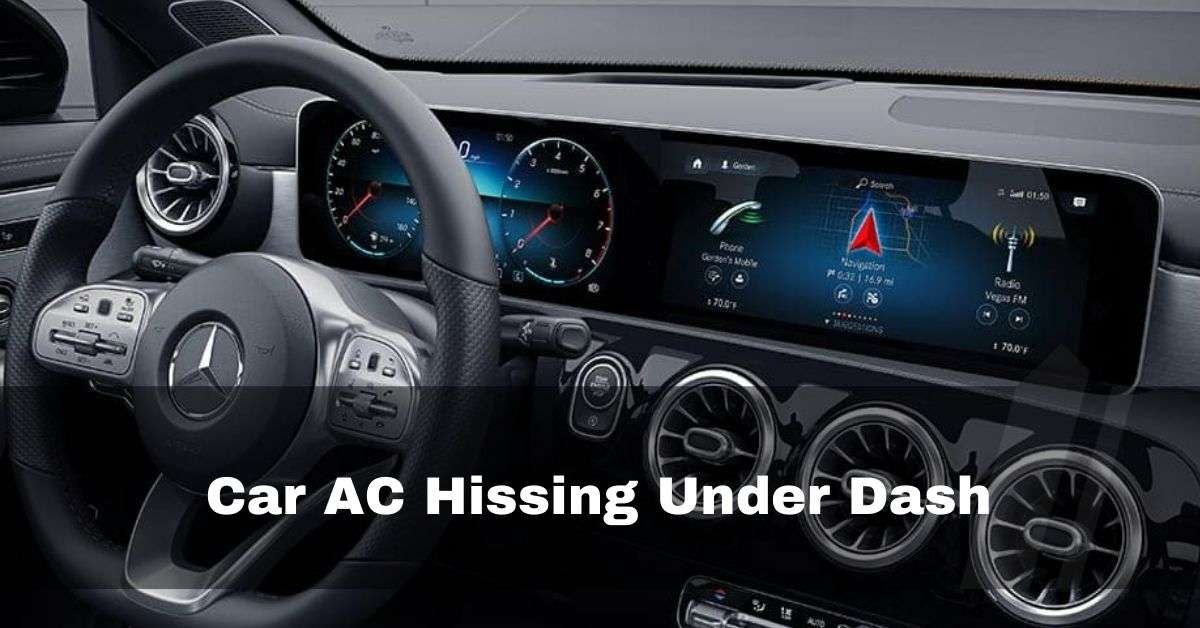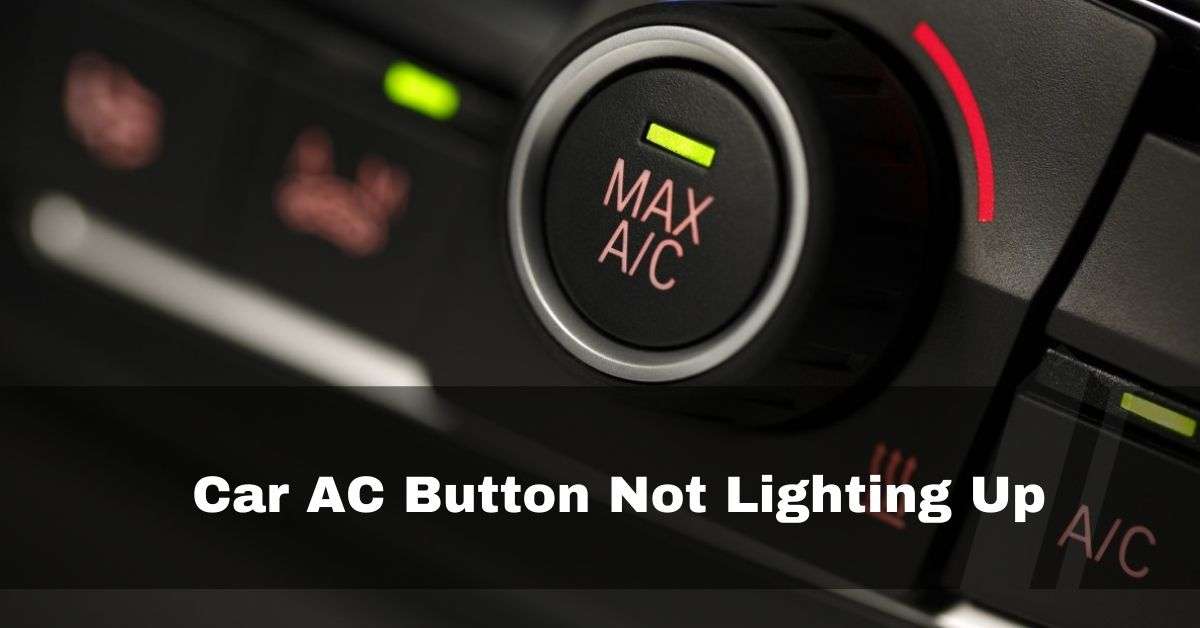If you’re driving fast on a hot day, expecting a cool breeze from your AC, and suddenly it stops working, That can be frustrating! That can be frustrating! This issue has numerous potential causes, each requiring a different approach to fixing it.
Your AC Fan (condenser) might be broken. A damaged spindle at high speeds can push the AC fan inward, slowing or stopping it, overheating the compressor, and leading to an AC shutdown.
In this article, we will talk about some common reasons why your car’s AC might stop working when you’re driving fast, and we’ll look at what you can do to fix it.
Table of Contents
Why Does Car AC Not Working At High Speed? Explore The Solutions For It:
1. Faulty AC Fan (Condenser):
The condenser unit’s internal AC fan is crucial to maintaining the optimum cooling of the refrigerant. The fan ensures air circulates through the condenser while moving, dispersing heat, and assisting the cooling process. However, if the fan is damaged or one of its components is compromised, several problems could occur.
A damaged spindle is one potential issue. The force of the air may cause the fan to be pushed backward or inward at high speeds. The fan’s motion is constrained by this displacement, which causes it to slow down or even stop. The cooling action of the fan is used to cool the compressor, which warms up and causes the AC system to shut down automatically.

Electrical problems could be the cause in other situations. The electrical connections to the fan may become loose or disconnect while traveling at high speeds, resulting in the fan ceasing to function and the AC shutting off.
Solution:
Checking the fan’s parts and connections should be your first action if you suspect a bad AC fan. Verify the spindle’s integrity and the integrity of any electrical connections. It is advised to seek the advice of a qualified mechanic to repair or replace any damaged or faulty components.
2. Malfunctioning A/C Thermal Expansion Valve (TXV):
The thermal expansion valve (TXV) for air conditioners plays a crucial role in controlling how much refrigerant flows through the evaporator of an air conditioning system. However, a broken TXV can be disastrous, especially while traveling quickly.

The system may not provide the desired cooling effect if the valve remains stuck open, leaving you with lukewarm air. On the other hand, if the valve is stuck partially open or almost closed, it may cause the orifice to freeze, which will prevent appropriate refrigerant flow and cooling.
Solution:
A complete performance examination of the AC system is necessary to address TXV-related concerns. A qualified technician can examine the system pressures to ascertain whether an insufficient refrigerant or a broken TXV is to blame. If the TXV is the issue, a skilled mechanic can swap it without the evaporator.
3. AC Fan Failure:
Your car’s air conditioning system effectively depends on a functioning AC fan. Regardless of your speed, if the fan stops working, the cooling process is disturbed, and your AC won’t deliver the required comfort level.

Solution:
The fan has to be changed if it is the primary source of your AC problems. Speak with a certified mechanic to diagnose the problem and replace the defective fan with a new one.
4. Stock Part Mismatches:
Mismatched components may occasionally cause performance problems. Factory-built engines and compressors are made to cooperate smoothly within a set of constraints. Performance concerns with the AC at high speeds can result from aftermarket modifications that deviate from these parameters.
Solution:
If you’ve modified your car’s engine or air conditioning system, think about speaking with specialists in vehicle modifications. They can help you make sure that every component is compatible and calibrated correctly.
5. Fading Compressor Clutch:
Your AC system’s compressor clutch is an essential part. The compressor, which is in charge of pressurizing and circulating the refrigerant, is engaged and disengaged by this device.

At high speeds, a failed compressor clutch can result in intermittent cooling problems. The compressor clutch may eventually wear out from repeated engagement and disengagement.
Solution:
Consult a qualified mechanic if a failing compressor clutch is suspected. They can check the clutch to see if it needs to be replaced. A new clutch can provide constant cooling performance by reestablishing the compressor’s appropriate engagement.
6. High-Pressure Cut-Out Switch Activation:
Your air conditioning system is built with safeguards to avoid overpressure scenarios. The refrigerant pressure is monitored via the high-pressure cut-out switch. To avoid damage, the compressor clutch is turned off if the pressure rises too high.
High-pressure circumstances can be caused by several things, including a blocked condenser, insufficient airflow, or too much refrigerant, which will activate the cut-out switch.
Solution:
If your AC stops working because of high pressure, you must address the underlying problem. To begin with, ensure the condenser is clean and free of junk. Ensure no refrigerant is overcharged and appropriate airflow is provided through the condenser. If issues continue, seek help from a mechanic who can identify and address the precise source.
7. Low Refrigerant Pressure:
Your air conditioning system’s lifeblood is refrigerant. Low refrigerant pressure, especially at higher speeds, might prevent appropriate cooling and produce subpar AC efficiency.

Leaks of refrigerant are a frequent cause of low pressure. These leaks can happen at many locations throughout the air conditioning system, reducing refrigerant levels and impairing cooling effectiveness.
Solution:
A thorough examination of the AC system is necessary to remedy low refrigerant pressure. A licensed technician can find and fix refrigerant leaks, ensuring the system is charged correctly. Once leaks are fixed, and the correct refrigerant levels are again present, your air conditioning system should be able to cool down again.
FAQs:
1. Why Does My AC Stop Working When I Speed Up?
Usually, a faulty vacuum check valve under the hood is to blame for this. The doors default to the windshield when the AC door system loses vacuum during severe acceleration. The check valve prevents it. It is situated beneath the hood on the passenger side.
2. Why Does My AC Get Hot When I Drive Fast?
A refrigerant leak is frequently the cause of a car air conditioner spewing hot air. A liquid called refrigerant runs through the air conditioning system in your car, expanding and contracting as it eliminates heat and humidity from the inside. All of the other A/C components will only work properly with the proper refrigerant levels.
3. How Long Will A Short Cycling AC Last?
It is safe to argue that 10 minutes is short because we know a cycle should last between 15 and 20 minutes. Additionally, it should raise concern if the processes are typical but the cooling time is less than 7 minutes.
Conclusion:
If your car’s AC fails you on hot days or at high speeds, don’t suffer in discomfort. Understanding the potential causes behind your car’s AC issues is the first step toward finding practical solutions. A broken fan condenser, thermal expansion valve, fan failure, fading compressor clutch, high-pressure cut-out switch activation, and low refrigerant pressure are all plausible culprits for AC troubles. While some solutions might be straightforward, such as replacing a compressor clutch, others require the expertise of a trained mechanic.

